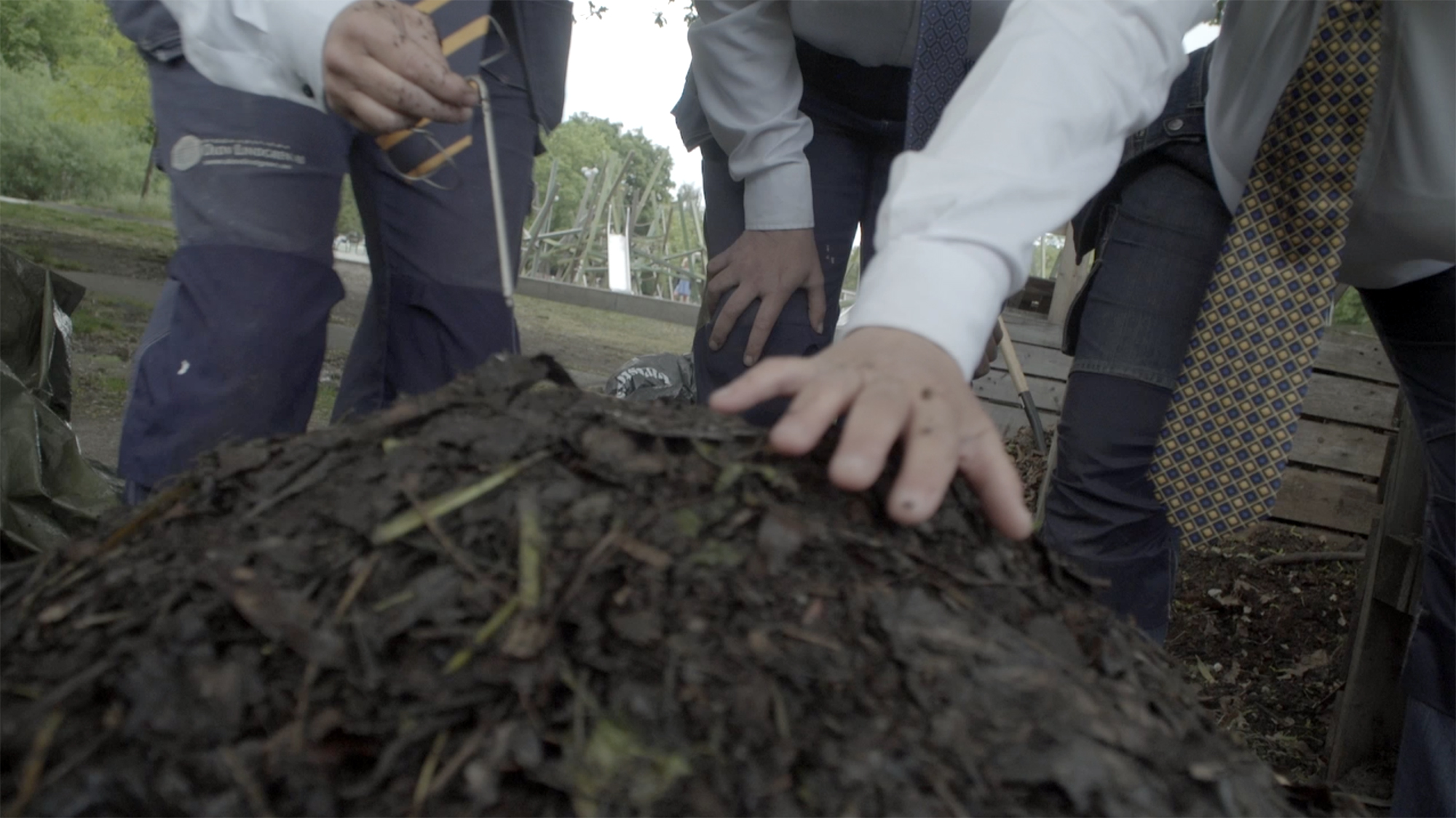-
HAUNTED WATERS
Call for particapation Our friends in the Design + Posthumanism Network has asked us to share this, so of course we do. Haunted Waters: We […]
-
AI-artist: You are WANTED!
We are reaching out to you as an artist who creates inspiring work involving AI, and would like to invite you to participate in an […]
-

Humus economicus – Launching a four-year art and research project!
We’re happy to announce that The Posthumanities Hub researcher Dr. Janna Holmstedt has received a four-year research grant from Formas, a Swedish Research Council for […]